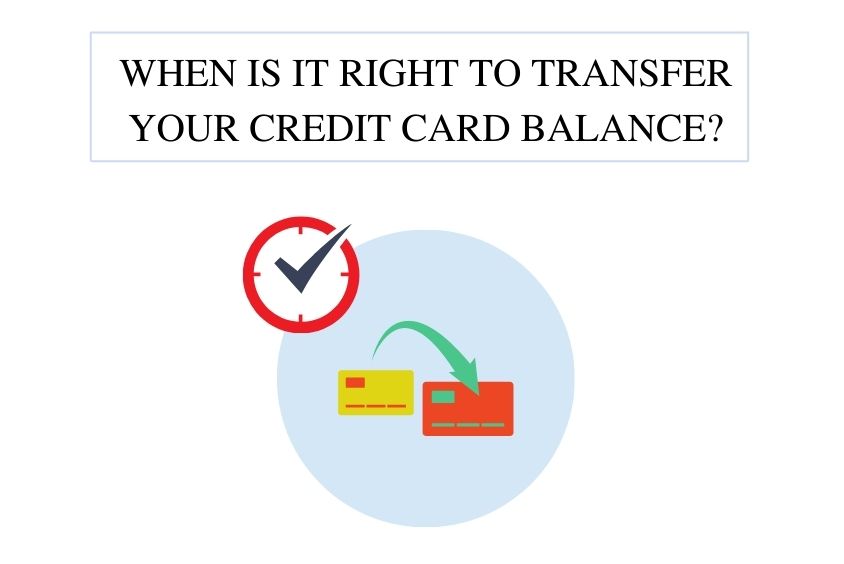Some people find themselves stuck under unmanageable debt due to their non-responsible financial behavior towards credit card usage. This debt doesn’t only leave you credit sore but also affects your financial health badly. It may feel really difficult to pay the dues as the debt keeps increasing due to the charges like interest rate, late payment fees, etc. One of the easiest ways to avoid a high-interest rate. In such situations, many people find it better to use the ‘Balance Transfer’ facility to avoid high interest on their outstanding balance. But, is it really a good idea? Keep reading to know more!

What is Balance Transfer & How it Works?
Balance Transfer is a special type of transaction in which you can transfer your debt from one credit card account to another. The debt is generally transferred to a credit card account with a lower interest rate. In short, one card issuer pays your outstanding balance to the other on your behalf, expecting that it will be repaid by you. To avail of the balance transfer facility, you first need to apply for a credit card with 0% introductory APR on balance transfers so that you can repay your dues with zero interest.
After getting the card, you will have to provide the information of your card issuer from which you are transferring the balance. Then wait for the approval of your application and pay the necessary charges. It is to be noted that you will be charged a one-time fee for balance transfer and then you can easily repay your outstanding balance in monthly installments.
Pros & Cons of Balance Transfer
| Pros | Cons |
|
|
When Should You Consider Transferring Your Credit Card Balance?
You should consider a balance transfer when the outstanding balance is really high and it seems impossible to you to repay the whole amount on time. It is because balance transfer may seem to be an advantage at the time of financial crisis but paying your full outstanding balance every month is always the best option. Moreover, make sure to calculate that the fee you are paying for the balance transfer is not higher than the interest you will have to pay on the current card.
For example, if you are transferring Rs. 50,000, you will be charged Rs. 1,500 (3% of Rs. 50,000) for the balance transfer, you should go for it only if the interest you will be paying is higher than Rs. 1,500. Also, there is generally a minimum and maximum limit on the amount you can transfer to a credit card. The maximum limit is generally 60 to 70% of your card limit. You should also check if the 0% APR offer is still going on your balance transfer credit card or not as it is an introductory offer and expires after a few months from the card issuance date.
Bottom Line
Although balance transfer can be considered a great facility provided by financial institutions, you need to keep many things in mind before going for it. It may be advantageous for some people and disadvantageous for others depending on their financial needs. However, choosing a balance transfer to consolidate your payments would be a great decision, provided that the 0% APR offer is going on in your new credit card.
What do you think about balance transfer? Make sure to share your views in the comment section below. Also, if you have any doubts regarding the information provided above, let us know.









